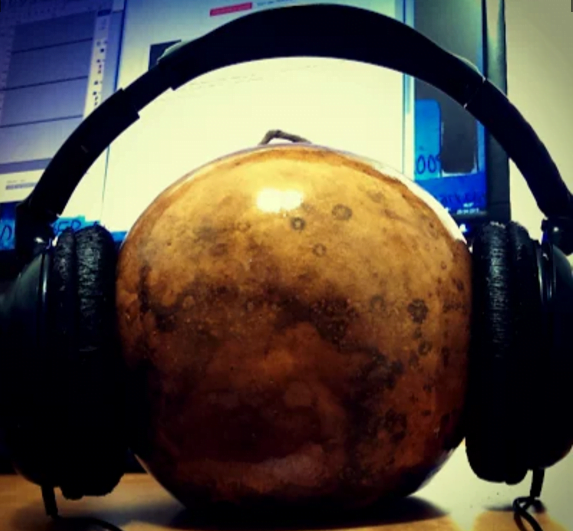29 March 2015 – Louvação/Chula
Louvação (meaning praise)/Chula follows the ladainha. The leader will sing and the chorus responds. Starts with “iê” and ends with “camará.” This can be as long or as short as the leader wants and precedes the start of the first game. What is sung depends, but usually praises a region, person, capoeira itself, the players… At this point two players may wait at the foot of the berimbau, ready to start.
If I was going to sing it, I’d follow this sequence, starting with this verse, as this is the first thing that happens in a day, if you live in a farm or near a rooster – it sings – nature’s alarm clock…
Iê galo cantou – the rooster sung
Iê galo cantou, camará
Iê cocorôcô – this is an onomatopoeia for the sound the rooster makes
Iê cocorôcô, camará
You may or may not want to praise God here. Personally, despite my (lack of) religious faith, I don’t have a problem singing it, mostly out of habit as I grew up surrounded by religion and it just feels familiar. I just think of ‘deus’ as nature itself.
Iê viva meu deus
Iê viva meu deus, camará
Then I would praise my Mestre
Iê viva meu Mestre – long live/praise my Mestre
Iê viva meu Mestre, camará
Iê quem me ensinou – who taught me
Iê quem me ensinou, camará
Iê da volta ao mundo – to do the ‘volta ao mundo’
Iê dá volta ao mundo, camará
Iê que o mundo deu
Iê que o mundo deu, camará
Iê que o mundo dá
Iê que o mundo dá, camará
This is, of course, the main thing my Mestre has taught me. It also praises Capoeira itself. Two praisings for the price of one!
Iê a Capoeira
Iê a Capoeira, camará
Then I’d be thinking I’ve said enough and it’s time to get started…
Iê é hora é hora – it’s time, it’s time
Iê é hora é hora, camará
Iê vamos embora – let’s go
Iê vamos embora, camará
Iê pela barra afora – erm, not sure how to translate that… But basically it means let’s go wander.
Iê vamos embora, camará
I never actually sang a chula in a roda, so this is purely theoretical. And would vary from day to day anyway.

Leave a Reply